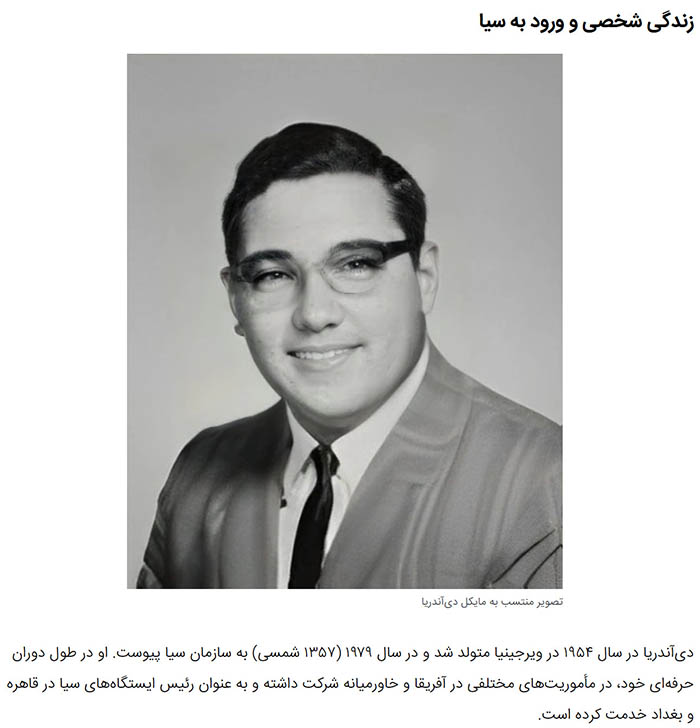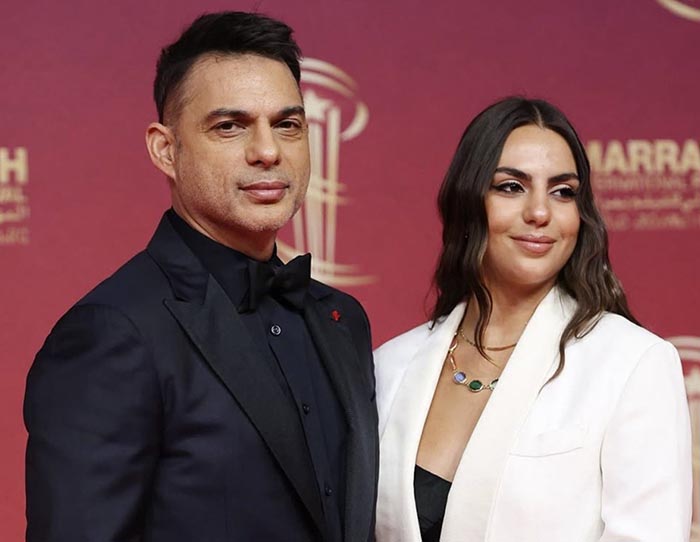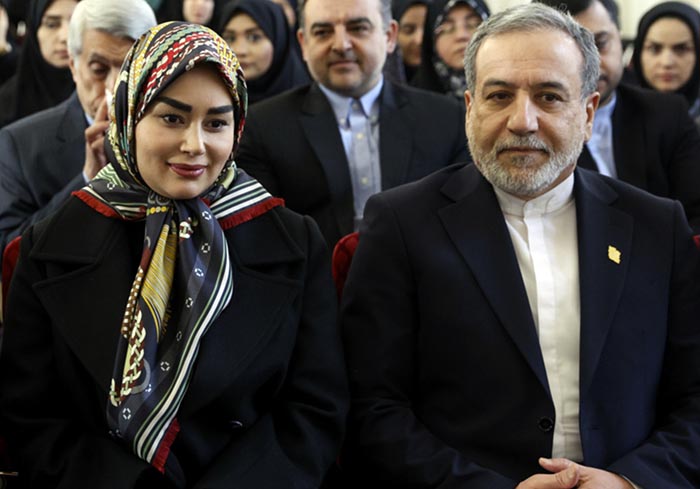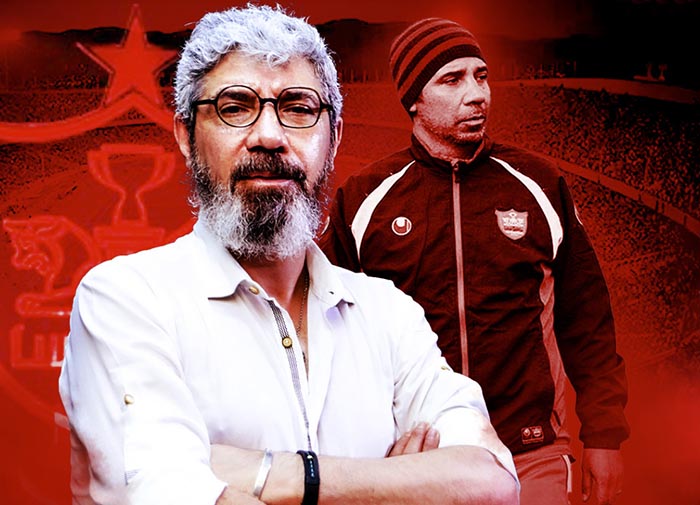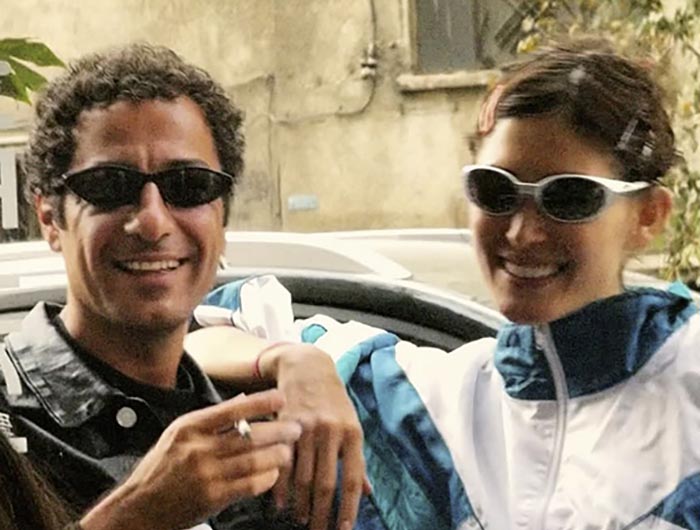Ayatollah Mike: The Enigmatic Figure Behind CIA Covert Operations
Introduction
The world of covert operations is often shrouded in secrecy, where intelligence officers work from the shadows to protect national security. Among these enigmatic figures, one name stands out: Michael D’Andrea, infamously dubbed “Ayatollah Mike.” A retired senior officer of the CIA, D’Andrea’s career spans several decades of impactful yet controversial actions that continue to shape contemporary geopolitics. This comprehensive overview delves into his background, his significant roles in various covert operations, and the implications of his actions on global security.
The Ethical Dimensions of Covert Operations
The legacy of Michael D’Andrea raises profound ethical questions concerning the methods employed in covert operations. As a central figure in devising and executing high-stakes missions, his actions evoke discussions about the balance between national security and individual rights. One of the most contentious issues surrounding D’Andrea’s tenure at the CIA pertains to drone strikes. Advocates argue that these actions are necessary to preemptively eliminate threats to U.S. citizens and interests, while critics contend that they often result in unintended consequences, including civilian casualties and heightened animosity towards the United States.
The ethical implications of D’Andrea’s actions can be illustrated through the case of drone strikes against al-Qaeda operatives in Yemen and Pakistan. While these missions aimed to eliminate high-profile terrorists, reports surfaced detailing civilian deaths, which human rights organizations decried. This paradox highlights a central dilemma in modern warfare: the challenge of safeguarding national security without infringing upon the rights and lives of innocent bystanders.
D’Andrea’s management style at the CIA further contributes to the discourse on ethical intelligence work. Known for his results-oriented approach, critics claimed that this emphasis on quantifiable success sometimes overshadowed the moral considerations inherent in intelligence operations. As U.S. foreign policy continues to evolve in response to global threats, the narratives surrounding figures like D’Andrea will be central to ongoing debates about ethics in intelligence work.
January 10, 2025 | 6:29 pm